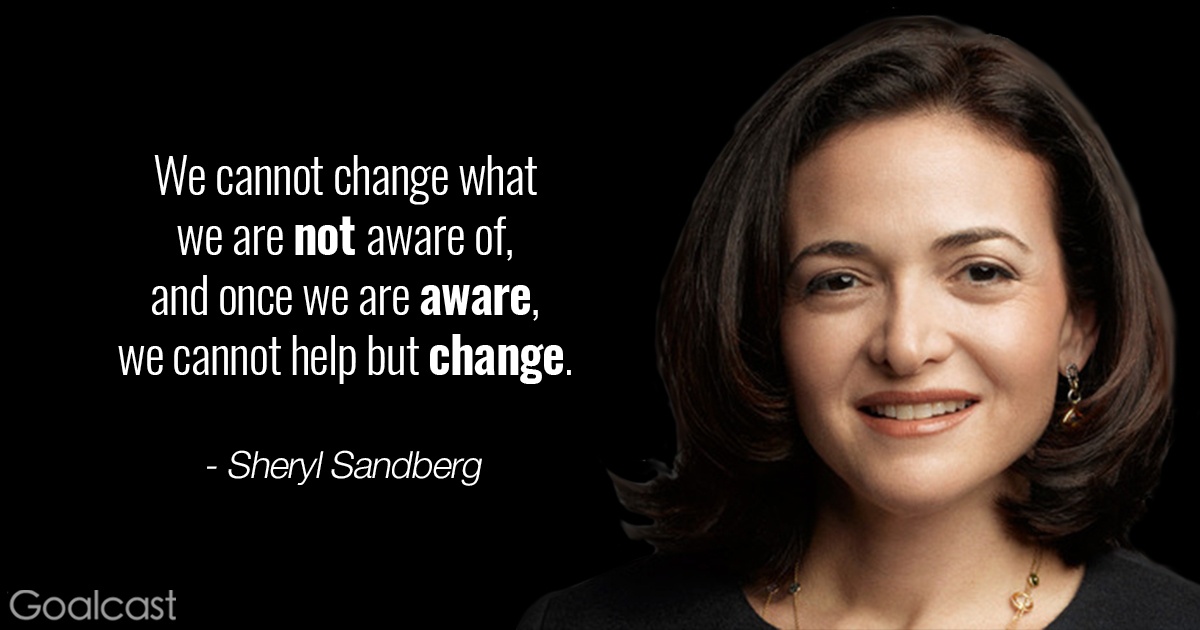"We cannot change what we are not aware of, and once we are aware, we cannot help but change." -Sheryl Sandberg
One of the most important changes in gender-related linguistics is the use of masculine nouns and pronouns. For anyone in recruiting or talent acquisition, this is a topic that can't be overlooked. This study by Harvard Kennedy School explored gender-inclusive and gender-exclusive pronouns as they specifically worked in job descriptions.
Participants learned about a new job that used either he, him or her, or one to refer to both genders. The conclusion found that individuals felt less excluded by their gender when the role did not mention any gender at all.
Police Officer, Not Policeman
Gender-exclusive language is the use of pronouns that refer to one gender and exclude another. Even when the user intends them to be understood as general, words like these are often marked for gender anyway. Search Indeed for "salesman" and you'll find over 3,000 jobs with salesman either in the title or the job description. These companies will have to adjust their listings for inclusion, or risk missing out on potentially great candidates.
DON'T
-
Use a title like "Salesman," even if the role is for sales. See also: Congresswoman, Policeman, Businessman, stewardess.
-
Use broad terms with gender associations, like "mankind," or "right hand man."
DO
-
Edit handbooks, and hiring paperwork to replace words that carry specific gender connotations.
-
Develop tactics to improve your job descriptions. *5 tips for writing a good job description
-
Try instead saying something generic, like "Salesperson" or "Sales Associate."
-
Start incorporating gender neutral phrasing into all your workplace communication.
They, Them and Their
Sure, you mean well, but his or her and his/her isn't an effective way to be gender-inclusive anymore. Whether you're writing a staff email or job posting, this outdated attempt at gender equality can bungle up your sentence quite a bit, and hurt your company culture. Try employing "their," "staff," or "employee" to address the individuals in your workplace equally. Apply the same consideration when you address the families of your staff. Significant others should be referred to as "spouse" or "partner," rather than husbands and wives.
Learn More
The HR Council offers guidance on how to make your workplace inclusive and supportive. This article will tell you more about diversity writing and speaking, including ethnicity and disability sensitive language.









